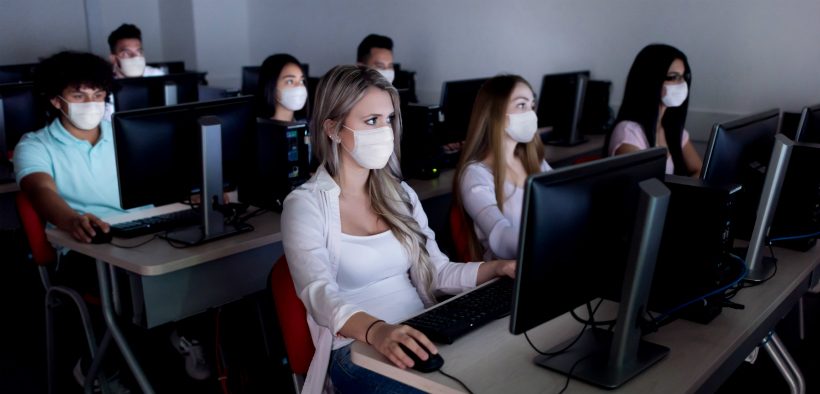We know what skills we want college students to learn. We list them in institutional mission statements, descriptions of our programs and majors, and our syllabi. We know what skills employers want graduates to obtain in college. They tell us, especially when students don’t have them. But do we know what skills students think they are learning in college?
Skills: Which Ones Do Students Say They’re Learning?

Related Articles
I have two loves: teaching and learning. Although I love them for different reasons, I’ve been passionate about...
Active learning is a mostly meaningless educational buzzword. It’s a feel-good, intuitively popular term that indicates concern for...
Perhaps the earliest introduction a student has with a course is the syllabus as it’s generally the first...
Generative AI allows instructors to create interactive, self-directed review activities for their courses. The beauty of these activities...
I’ve often felt that a teacher’s life is suspended, Janus-like, between past experiences and future hopes; it’s only...
I teach first-year writing at a small liberal arts college, and on the first day of class, I...
Proponents of rubrics champion them as a means of ensuring consistency in grading, not only between students within...







